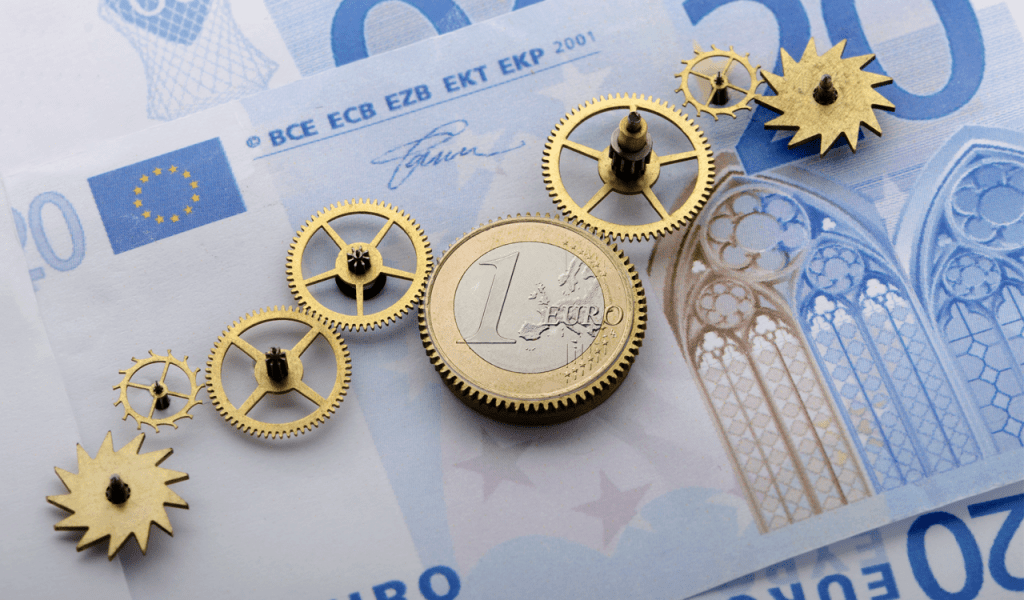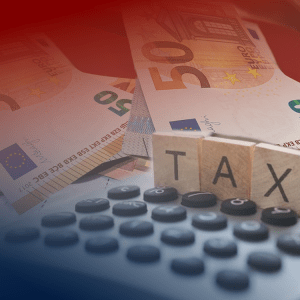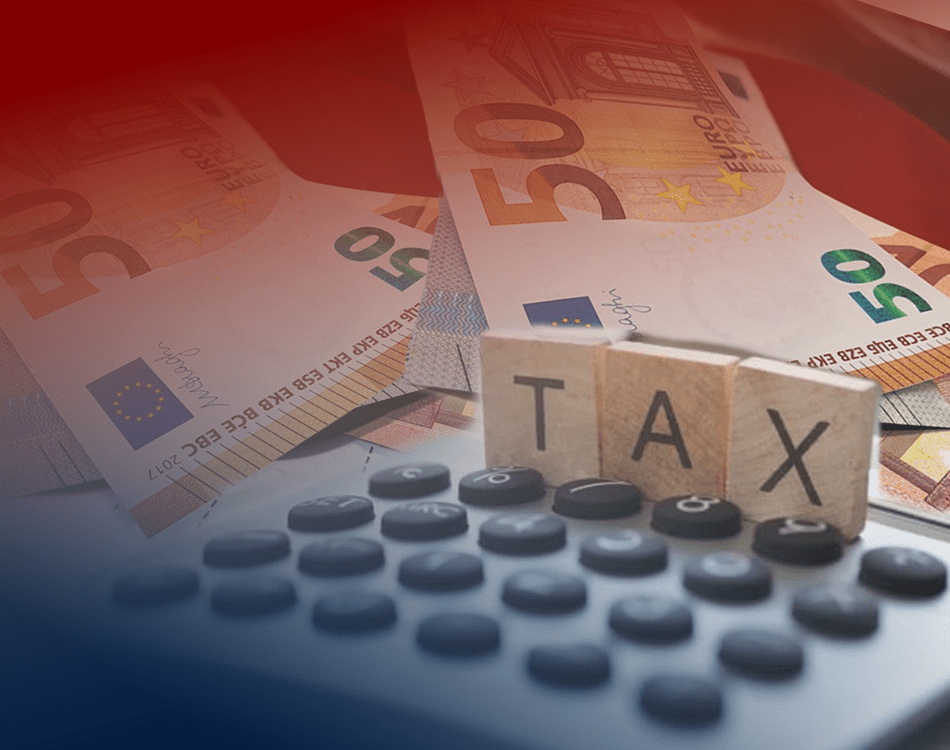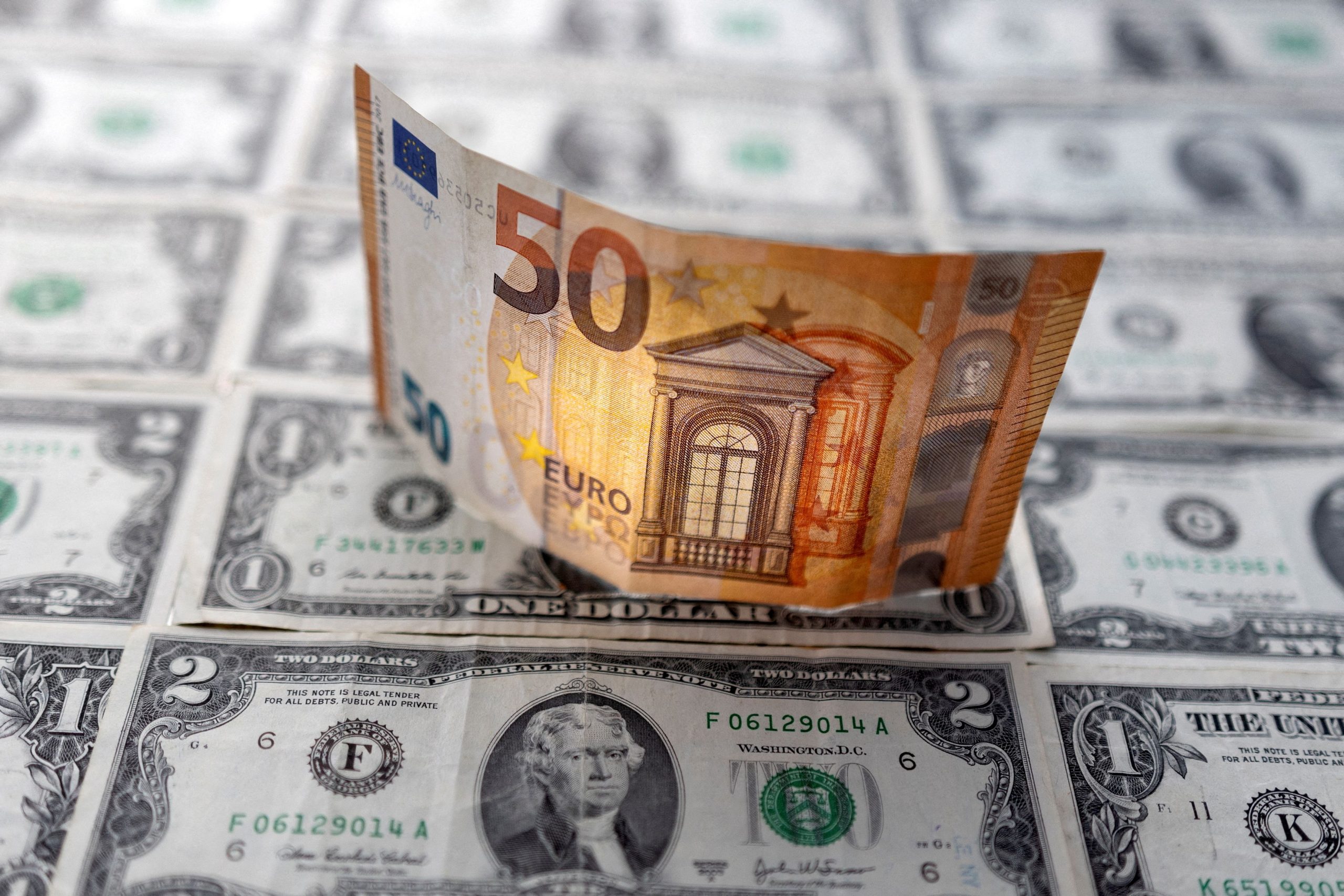As Europe nears the three-year mark since the onset of the COVID-19 crisis, Eurostat data reveals a return to pre-pandemic economic levels.
Greece, in particular, has seen a remarkable improvement across most economic indicators, garnering positive assessments from international rating agencies and market entities.
After a steep 13.7% decline in the first half of 2020, GDP growth has stabilized and is now on an upward trajectory. The ratio of public debt to GDP has significantly dropped to 165.5% in the third quarter of 2023, following a surge during the pandemic to 210.3% in the first quarter in 2021.
Greece has also restored fiscal balance, registering surpluses since the second quarter of 2023, with the exception of the second quarter of 2022.
Unemployment has returned to single-digit figures (9.2% in December 2023) for the first time since the crisis emerged.
Eurostat data also confirms a full recovery in tourism, with both inbound flights and overnight stays showing positive growth since January 2023, compared to 2019 levels.
Bank of Greece data for 2023 highlights this recovery, with tourism revenues hitting record highs.
However, the Russia-Ukraine conflict in February 2022 triggered inflation, soaring to 12.1% in September of that year. Despite some moderation, inflation remains elevated at 3.2% in January 2024, above the desired 1.5%-2% range.
Nevertheless, the Economic Sentiment Indicator, reflecting public perception of the economy, has turned positive after the pandemic-induced downturn from March 2020 to April 2021, this positive shift has stabilized consumption, with retail trade gaining momentum since May 2022.
Source: tovima.com
































![Βραχυχρόνια μίσθωση: Καλπάζουν τα καταλύματα τύπου Airbnb στην Ελλάδα [γράφημα]](https://www.ot.gr/wp-content/uploads/2022/11/airbnb-2.jpg)








